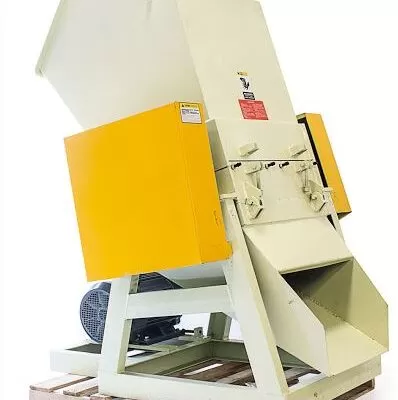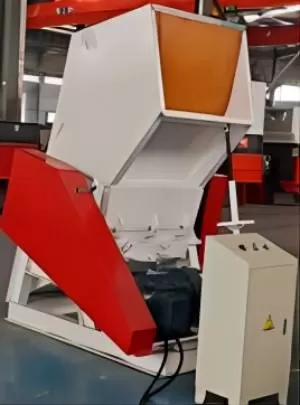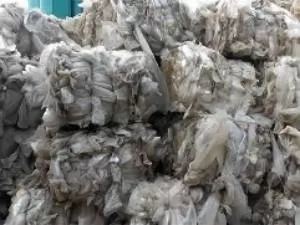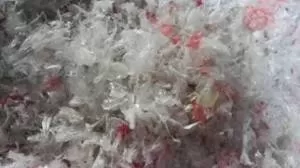As the CEO of Amige, a leading manufacturer in the plastic recycling industry, I often come across queries about the functionality and necessity of plastic crushers, especially for agricultural films. It’s an intriguing topic that touches the core of our business operations and environmental responsibility.
So, what exactly is a plastic crusher for agricultural films? It’s a specialized machine designed to shred and recycle agricultural plastic films into reusable granules, aiding in effective waste management and sustainable practices. This process not only facilitates recycling but also contributes significantly to reducing environmental pollution.
Why is Recycling Agricultural Films Crucial?
Agricultural films, widely used in farming for mulching, greenhouse covering, and silage, are predominantly made of low-density polyethylene (LDPE). Once their utility is over, these films, if not recycled, become a significant environmental hazard. Our plastic crushers play a pivotal role in transforming this waste into a resource. Read more about LDPE recycling.

How Does a Plastic Crusher Work?
The working principle of a plastic crusher is relatively straightforward yet highly efficient. The machine, equipped with cutting blades and a powerful motor, shreds the agricultural films into small pieces. These fragments are then washed, dried, and extruded into pellets, ready for reuse in various applications. Explore the working mechanism.

What Makes Our Plastic Crushers Stand Out?
At Amige, our plastic crushers are not just machines; they are embodiments of efficiency and sustainability. Designed with top-quality materials and breakthrough technology, our crushers are customizable to suit various needs. We ensure that each machine is robust, durable, and capable of handling different types of plastic films. Discover our product range.
The Environmental Impact of Plastic Crusher?
The environmental impact of using plastic crushers for agricultural film recycling is profoundly positive. By converting waste into reusable materials, we significantly reduce the volume of plastic waste, thereby mitigating its adverse effects on the environment. This practice aligns with global efforts towards sustainability and responsible waste management. Learn about environmental benefits.

Are There Any Challenges in Recycling Agricultural Films?
Yes, recycling agricultural films poses its unique challenges. These films often contain contaminants such as soil, organic matter, and pesticides, which necessitate thorough cleaning processes. Additionally, the varying quality and types of films require adaptable and sophisticated machinery to ensure efficient recycling. Understand the challenges.
How Do We Ensure the Quality of Recycled Products?
Quality assurance is a cornerstone of our operations at Amige. Each batch of recycled granules undergoes stringent quality checks to ensure they meet the highest standards. We leverage advanced technologies and skilled expertise to monitor and maintain the quality of recycled products. Read about our quality control processes.

Conclusion
In summary, plastic crushers for agricultural films are more than just recycling equipment; they are vital tools in our quest for a sustainable future. At Amige, we’re proud to be at the forefront of this industry, offering solutions that not only meet the demands of our customers but also contribute positively to our environment. Our commitment is to innovation, quality, and environmental stewardship.
